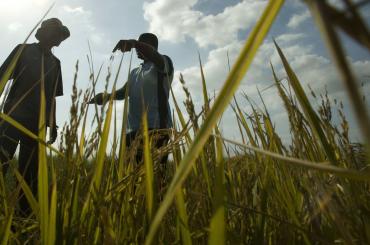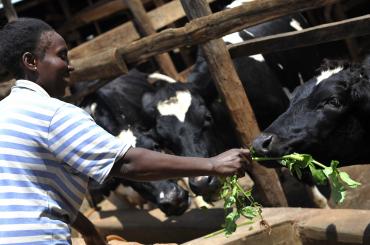
farming
-

Why farmers might prefer to sell at harvest: Evidence on price risk and storage from Sub-Saharan Africa
Prices don’t always rise after harvest, so rather than store maize and risk selling later at a lower price, farmers may prefer to sell straight away
-

Social learning in agriculture: Experimental evidence from Malawi
Can policymakers speed up the adoption of modern agricultural technologies through peer-to-peer learning?
-

Temporary agricultural input subsidies have lasting impacts: The Mozambique experiment
Subsidies need not be permanent to benefit farmers. Well-designed policy that encourages experimentation can generate widespread and lasting impacts.
-

Infrequent payments as a saving device
Dairy farmers have high demand for infrequent payments, which help save. Poor enforcement, however, limits competition in the supply of these payments.
-
Quality doesn't speak for itself: Evidence from the Senegalese onion market
Agriculture market reforms that allow quality recognition enable farmers to capture higher prices and lead to adoption of better technology
-

Piggyback exporting, intermediation, and the distribution of the gains from trade in agricultural markets
How much of the world price of export crops trickles down to small farmers, who sell through agribusinesses and traders with market power?
-

Agricultural markets in ‘rising’ Africa
Recent empirical research on sub-Saharan African agricultural markets paints a cautiously optimistic picture of supply chain performance